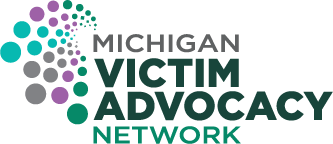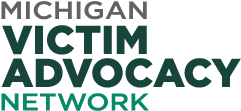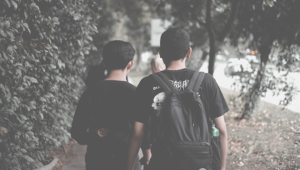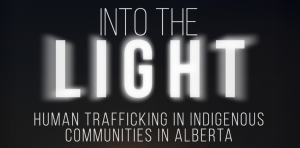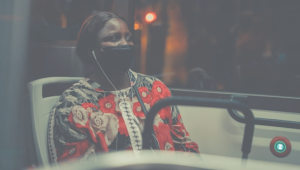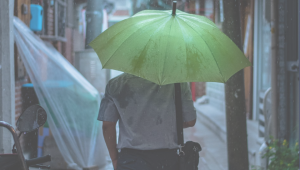Selecting a dropdown option will automatically perform a search.
Respectful and Disrespectful Dating Behavior
February 2026
MiVAN
Recognizing and Responding to Human Trafficking
January 2026
MiVAN
Stalking in Various Settings
December 2025
MiVAN
Provider Wellbeing Is Important, Too!
October 2025
MiVAN
Crime Victim Compensation
October 2025
MiVAN
Domestic Violence Awareness Month
October 2025
MiVAN
Financial Leadership for Organizations: Webinar Series
August 2025
National Network to End Domestic Violence
Prioritizing Prevention: Suicide Awareness Month
September 2025
MiVAN
INTO THE LIGHT - Human Trafficking in Indigenous Communities in Alberta
July 2025
BearPaw Media and Education
Highlighting School and Campus Safety
August 2025
MiVAN
An Ever-Present Threat: Identity Theft and Fraud
July 2025
MiVAN
Let's Talk about Abuse in Later Life
June 2025
MiVAN
Youth and Young Adult Resource and Systems Access Survey
MiVAN
Acknowledging Mental Health in Our Work
May 2025
MiVAN
Breaking Barriers: Uniting Three Fires Against Violence
December 2023
Uniting Three Fires Against Violence
Issue Brief: Co-Occurring Mental Health and Substance Use
November 2024
Substance Abuse and Mental Health Services Administration
Preventing Opioid Misuse and Treating Opioid Use Disorders in Older Adults
December 2024
Substance Abuse and Mental Health Services Administration
Supporting Trans Mental Health: Uncovering Barriers and Building Solutions
October 2022
FORGE
Workplace Mental Health & Well-Being
January 2025
Department of Health and Human Services
2023 U.S. National Survey on the Mental Health of LGBTQ+ Young People
December 2023
Trevor Project
SAFE-T Suicide Assessment Five Step Evaluation and Triage
December 2024
Substance Abuse and Mental Health Services Administration
